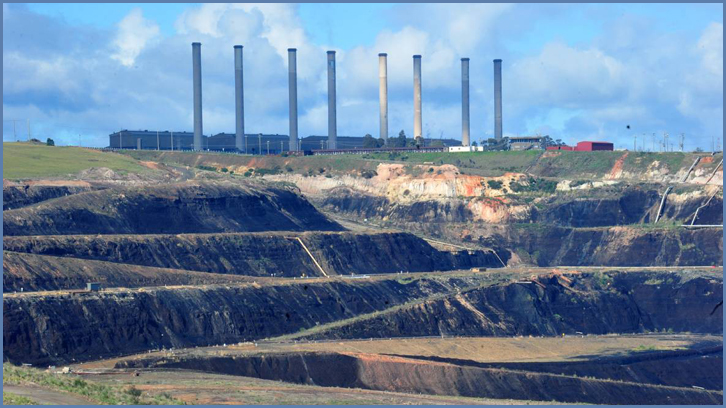Success, concerns and challenges of the transition away from fossil fuels

The “Just Transition from Fossil Fuels in Australia” map is the latest of several featured on the Environmental Justice Atlas (EJAtlas), a global platform mapping environmental conflicts around the world developed by ICTA-UAB researchers. A ‘just transition’ refers to fast tracking actions that will reduce carbon emissions without disadvantaging workers and communities. The map includes a variety of cases of resistance to fossil fuel extraction and use in Australia, but in particular hones in on coal as it is especially dirty and thus the focus of much transitions-activism.
The database supporting the map offers details of case studies for activists pressuring for a just transition from coal production “addressing difficulties associated with closing power plants and proposals for expansion of mines and new mines. In a just transition we avoid substituting use of coal with gas or oil”, points out Associate Professor Anitra Nelson from AEJ project who points out that cases include damage and ongoing risks of oil spills to the ocean and union struggles against unsafe practices for workers on offshore gas platforms.
The cases show local environmental non-government organisations (ENGOs), Indigenous peoples, citizens, communities, scientists, local governments and political parties mobilising around the call for a just transition from coal. The cases refer the closures of coal production facilities such as South Australia’s Port Augusta and Victoria’s Anglesea and the Latrobe Valley due to lack of economic viability, successful activism, ageing infrastructure and increasing renewable energy supply and demand. When power stations close quickly with little support for communities relying on the local industry, a ‘just transition’ supports retraining for new jobs in clean industries, environmental protection and restorative justice.
Current coal extraction and processing have numerous social and environmental costs, including air pollution from dust and pollutants caused by drilling and blasting, excavation, movement of overburden, waste removal and transportation of coal.
Victorian ENGO Environmental Justice Australia reports that over 3,000 Australians die from exposure to air pollution annually and the cost of coal combustion damage to people’s health is estimated to be A$2.6 billion per annum. Then there are unsafe and insecure work conditions, community powerlessness and the loss of a sense of place when coal production dominates a neighbourhood. A critical concern for people worldwide is the contribution of not only coal but also oil and gas production and use to global climate change.
The new map and the cases studied are the initial stage of a more detailed and expansive project supporting action research on environmental justice campaigns and providing a forum for publicly documenting cases of environmental injustice in Australia.
More than 2,200 cases of environmental justice have been mapped on the EJAtlas’ interactive database, identifying and providing details of socio-environmental conflicts worldwide. The work of hundreds of activist–scholar collaborators — academic researchers, ENGOs and concerned citizens — feature conflicts including biodiversity conservation, mining, climate justice and waste management. The EJAtlas is expanding through the three-year ACKnowl-EJ project funded by the International Social Science Council. ACKnowl-EJ focuses on ‘the transformative potential of citizen movements, “participatory” approaches to environmental politics, and new institutional practices born from diverse knowledge systems, showing how alternatives are often born from resistance’.
Institut de Ciència i Tecnologia Ambientals (ICTA)
Universitat Autònoma de Barcelona
References
Project ACKnowlEJ
Enviromental Justice Atlas: Leah Temper, Daniela del Bene and Joan Martinez-Alier. 2015. Mapping the frontiers and front lines of global environmental justice: the EJAtlas. Journal of Political Ecology 22: 255-278.

